Rose winterization
nickjoseph Milwaukee, WI
9 years ago
Related Stories

WINTER GARDENINGPruning Secrets for Exquisite Roses
Encourage gorgeous blooms year after year with this time-tested advice on how to prune your rosebush in winter for health and shape
Full Story
DECORATING GUIDESTop Design Trends From the Winter 2015 Las Vegas Market
Interior designer Shannon Ggem is tracking finishes, motifs and design combinations at the 2015 show
Full Story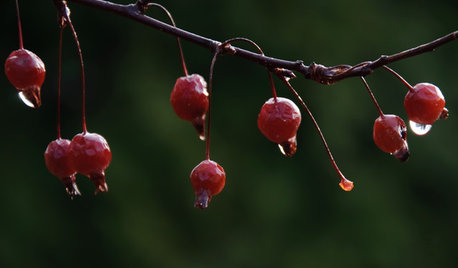
GARDENING FOR BIRDSFeed the Birds: 6 Plants for Abundant Winter Berries
Be kind to your fair feathered friends during lean food times by planting a shrub or tree loaded with nutritious snacks
Full Story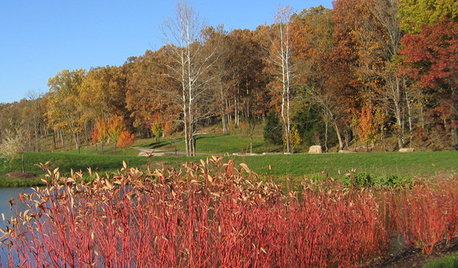
GARDENING GUIDESThese Hedges Can Add Interest to Your Winter Garden
Evergreen trees and shrubs provide structure and color in the winter months — and can attract wildlife too
Full Story
FEEL-GOOD HOMEYour Best Winter Accessory for the Kitchen
Flowers and foliage will bring cheer to your kitchen even in the dead of winter
Full Story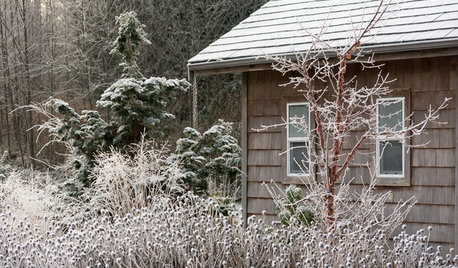
WINTER GARDENINGLook Beyond Plants for a Wonderful Winter Garden
Use sculptures, fences and other structures to draw the eye to a bare-bones landscape
Full Story
VACATION HOMESEssential Elements of an Ideal Winter Cabin
If you dream of a winter getaway with lots of skiing, skating and hot-drink sipping, these tips will make your cabin as cozy as can be
Full Story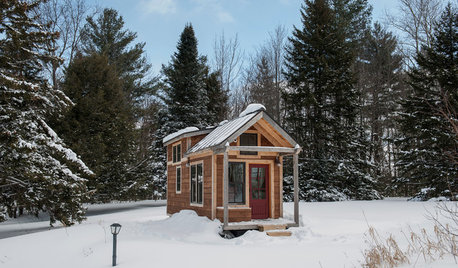
MOST POPULARHouzz Call: Show Us Your Winter View!
Share pictures of your home and garden in winter — whatever your climate, architecture and plantings
Full Story
HOUSEPLANTSHow to Force Amaryllis Bulbs Indoors
Enjoy vibrant red blossoms even as gardens turn snowy white, by teaching this hardy repeat performer to ignore the calendar
Full Story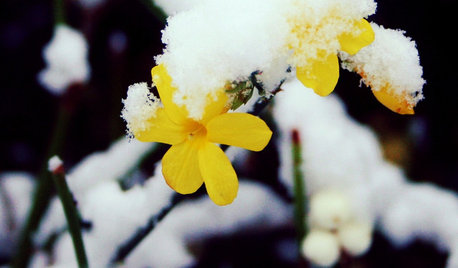
YELLOW FLOWERSGreat Design Plant: Winter Jasmine Gladdens Snowy Gardens
Sunny yellow flowers defy the frost, bringing cheer to the garden on gray days
Full Story






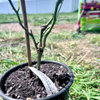

jim1961 / Central Pennsylvania / Zone 6
seil zone 6b MI
Related Professionals
Maple Valley Landscape Architects & Landscape Designers · Cottonwood Landscape Architects & Landscape Designers · Seabrook Landscape Architects & Landscape Designers · Severn Landscape Architects & Landscape Designers · Anderson Landscape Contractors · Peabody Landscape Contractors · Bedford Heights Landscape Contractors · Cincinnati Landscape Contractors · Marlborough Landscape Contractors · Midland Landscape Contractors · Natick Landscape Contractors · Palatine Landscape Contractors · Rochester Landscape Contractors · The Woodlands Landscape Contractors · Vermilion Landscape ContractorsPatty W. zone 5a Illinois
predfern
zack_lau z6 CT ARS Consulting Rosarian
Patty W. zone 5a Illinois
MiGreenThumb (Z5b S.Michigan/Sunset 41) Elevation: 1091 feet